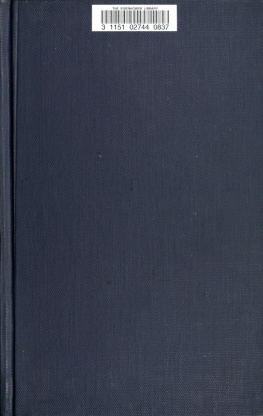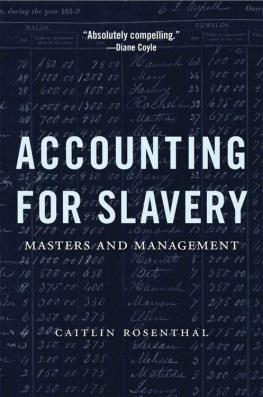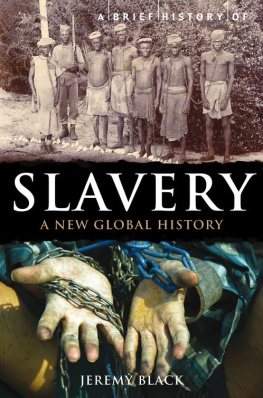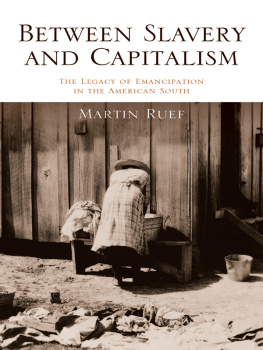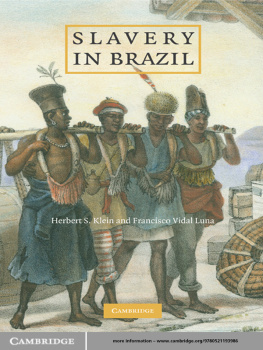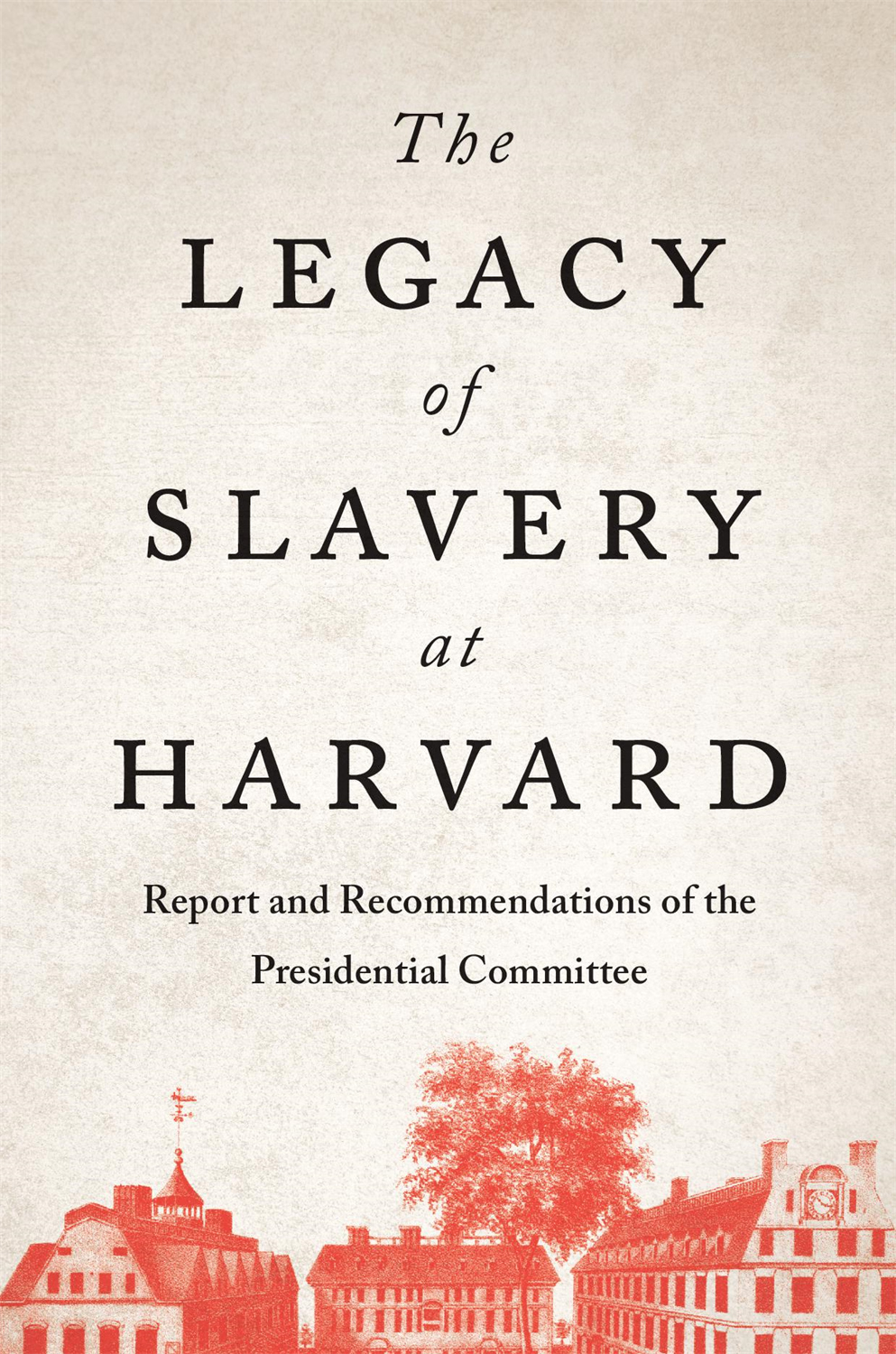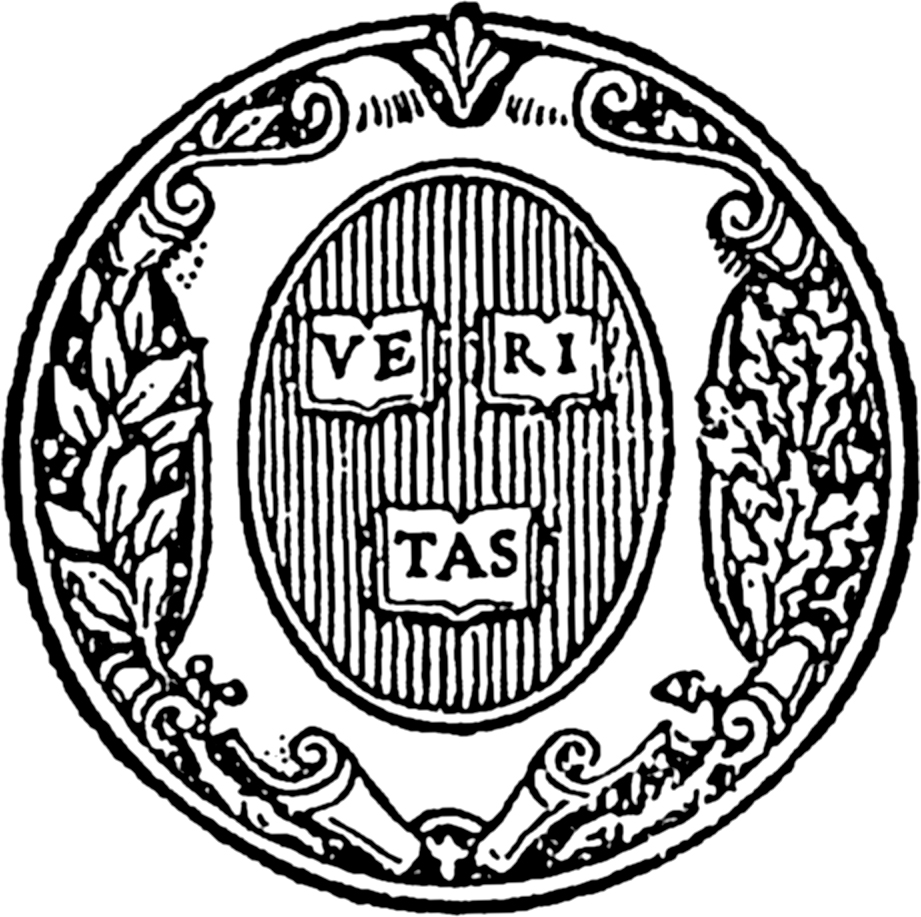The Presidential Committee on the Legacy of Slavery - The Legacy of Slavery at Harvard
Here you can read online The Presidential Committee on the Legacy of Slavery - The Legacy of Slavery at Harvard full text of the book (entire story) in english for free. Download pdf and epub, get meaning, cover and reviews about this ebook. year: 2022, publisher: Harvard University Press, genre: Politics. Description of the work, (preface) as well as reviews are available. Best literature library LitArk.com created for fans of good reading and offers a wide selection of genres:
Romance novel
Science fiction
Adventure
Detective
Science
History
Home and family
Prose
Art
Politics
Computer
Non-fiction
Religion
Business
Children
Humor
Choose a favorite category and find really read worthwhile books. Enjoy immersion in the world of imagination, feel the emotions of the characters or learn something new for yourself, make an fascinating discovery.

- Book:The Legacy of Slavery at Harvard
- Author:
- Publisher:Harvard University Press
- Genre:
- Year:2022
- Rating:4 / 5
- Favourites:Add to favourites
- Your mark:
The Legacy of Slavery at Harvard: summary, description and annotation
We offer to read an annotation, description, summary or preface (depends on what the author of the book "The Legacy of Slavery at Harvard" wrote himself). If you haven't found the necessary information about the book — write in the comments, we will try to find it.
Harvards searing and sobering indictment of its own long-standing relationship with chattel slavery and anti-Black discrimination.
In recent years, scholars have documented extensive relationships between American higher education and slavery. The Legacy of Slavery at Harvard adds Harvard University to the long list of institutions, in the North and the South, entangled with slavery and its aftermath.
The report, written by leading researchers from across the university, reveals hard truths about Harvards deep ties to Black and Indigenous bondage, scientific racism, segregation, and other forms of oppression. Between the universitys founding in 1636 and 1783, when slavery officially ended in Massachusetts, Harvard leaders, faculty, and staff enslaved at least seventy people, some of whom worked on campus, where they cared for students, faculty, and university presidents. Harvard also benefited financially and reputationally from donations by slaveholders, slave traders, and others whose fortunes depended on human chattel. Later, Harvard professors and the graduates they trained were leaders in so-called race science and eugenics, which promoted disinvestment in Black lives through forced sterilization, residential segregation, and segregation and discrimination in education.
No institution of Harvards scale and longevity is a monolith. Harvard was also home to abolitionists and pioneering Black thinkers and activists such as W. E. B. Du Bois, Charles Hamilton Houston, and Eva Beatrice Dykes. In the late twentieth century, the university became a champion of racial diversity in education. Yet the past cannot help casting a long shadow on the present. Harvards motto, Veritas, inscribed on gates, doorways, and sculptures all over campus, is an exhortation to pursue truth. The Legacy of Slavery at Harvard advances that necessary quest.
The Presidential Committee on the Legacy of Slavery: author's other books
Who wrote The Legacy of Slavery at Harvard? Find out the surname, the name of the author of the book and a list of all author's works by series.

